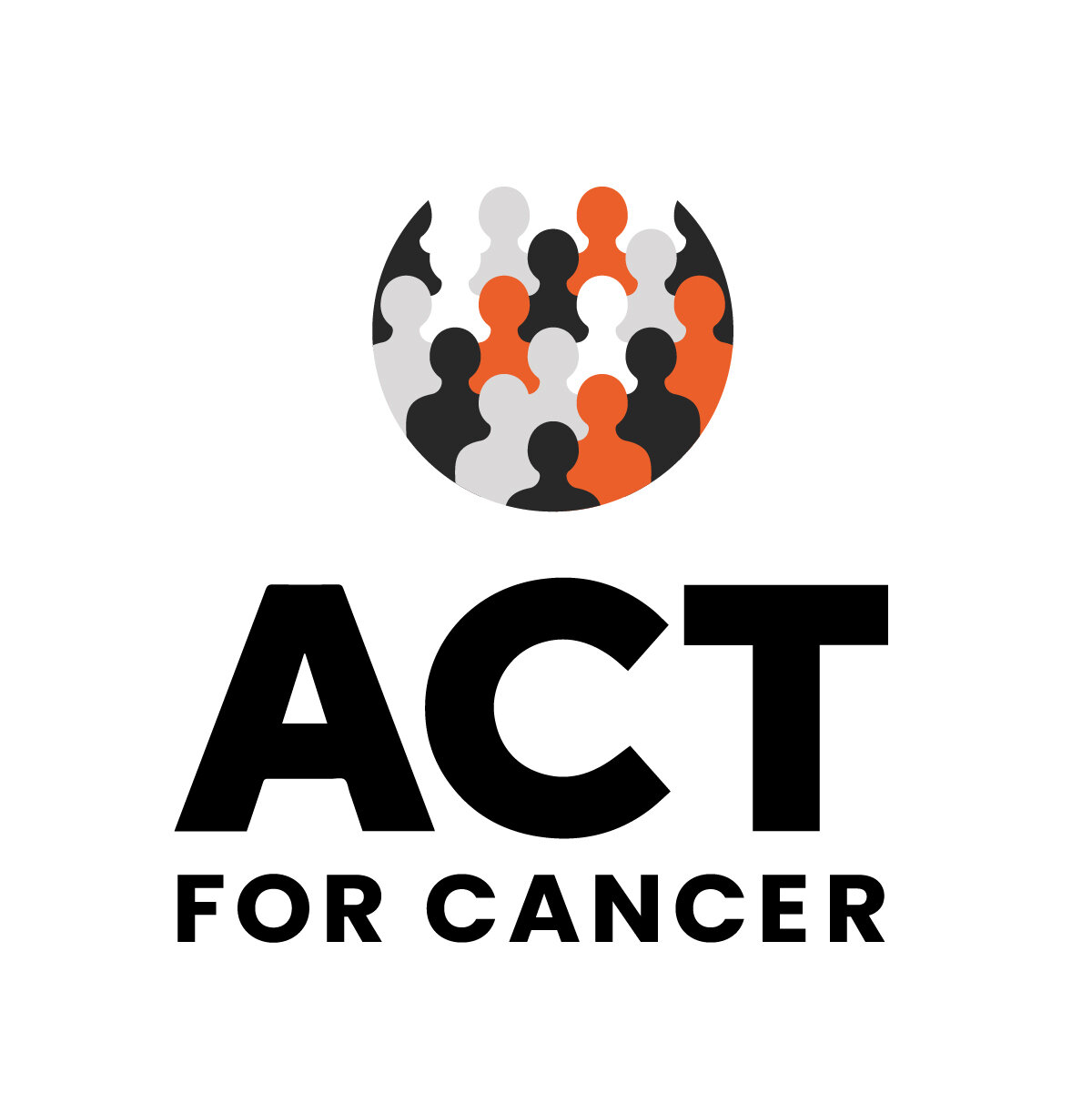How are we treating (not-so-)rare cancers?
February 28 is recognized as the World Rare Disease Day–a day to raise awareness for over 300 million people who suffer from a rare disease. Where cancer is concerned, about 1 in 5 people in the UK are diagnosed with a rare cancer each year, and 1 in 3 of those are very rare cancers. That is about 20% of the total cancer cases diagnosed in the UK each year. Evidently, rare cancers are not all that rare in the UK.
A rare cancer case is extremely challenging to fight from the very day of its diagnosis. Most diagnoses are late as tests for rare cancers may not be readily available, or may not be available locally at all. It may take longer for the tests to come back. These alone are looming questions for rare cancer patients that go unanswered on the internet, let alone questions like which doctor to go to, which specialist to consult. What makes matters worse is that doctors, and even specialists may not be able to answer all the questions concerning a rare cancer diagnosis.
To clear all of these hurdles alone requires
…a patient to be positioned in a town or city with great healthcare networks and advanced health infrastructure. When that is not the case, medical travel costs can be exorbitant, the efforts - tiring and overwhelming. Despite all this, the cancer specialist, or the patient’s MDT (multidisciplinary team) may not have a national or standard treatment guideline on treating rare cancers. Given our current standard care system, it is more than likely that a patient’s treatment plan will be the exact same as that of a normal cancer. In which case, the treatment could have resumed (for the better or the worse) closer to the patient’s home/area of residence. Imagine if this information was available to the patient early on in their journey through patient navigators who have access to patient journey data, or an infohub that can give them a preview of the treatment options that are available to them? The patient would be able to make much better choices. Information is power. Information is key - especially for those who find themselves in the biggest time crunch of their lives.
Two thirds of those diagnosed with a rare cancer in the UK die within 5 years of their diagnosis. The severity of the problem is laid bare in these numbers. The problem not only lies in the healthcare system which undoubtedly has limited treatment options for rare cancer patients, but also that epidemiologic information on rare cancers is genuinely scarce. So really, rare cancer fighters–be that researchers, patients or their doctors–suffer from an information crisis. Not only is there a lot unknown, but what is known is not very well consolidated and shared amongst healthcare professionals.
The only way to make headway into the fight against rare cancer…
…is to ensure that clinical, genetic and tumour data of each rare cancer case is recorded in a standard and uniform manner. This data can be key for researchers in developing new diagnostics and treatments, as well as widen the pool of information for patients to access when they are selecting treatment options. The higher the interconnections of data points, the better the treatment options for patients and doctors. For example, a good collection of specialised laboratory results when shared with oncologists can indicate which patient is most likely to respond to a new drug targeted at a particular abnormality in the genetic code of their tumour.
The bitter truth is that we cannot increase the number of clinical trials targeted towards finding rare cancer treatments in a year. We cannot increase the scope of standard treatment options overnight - we have been staunchly advocating for this for years, and will continue to do so, whilst respecting the time and resources needed to bring about this change. However, what we can change is the amount of information that reaches an overwhelmed patient when they need it the most. Patients deserve to know that options exist beyond standard care, they deserve to know that their case is being handled with strategy, with as much information available and not just good-old fluke. There may not always be expertise in every single rare cancer, they are called rare for a reason, but we have the tools needed to create these information platforms with what we know, and how much we know.
